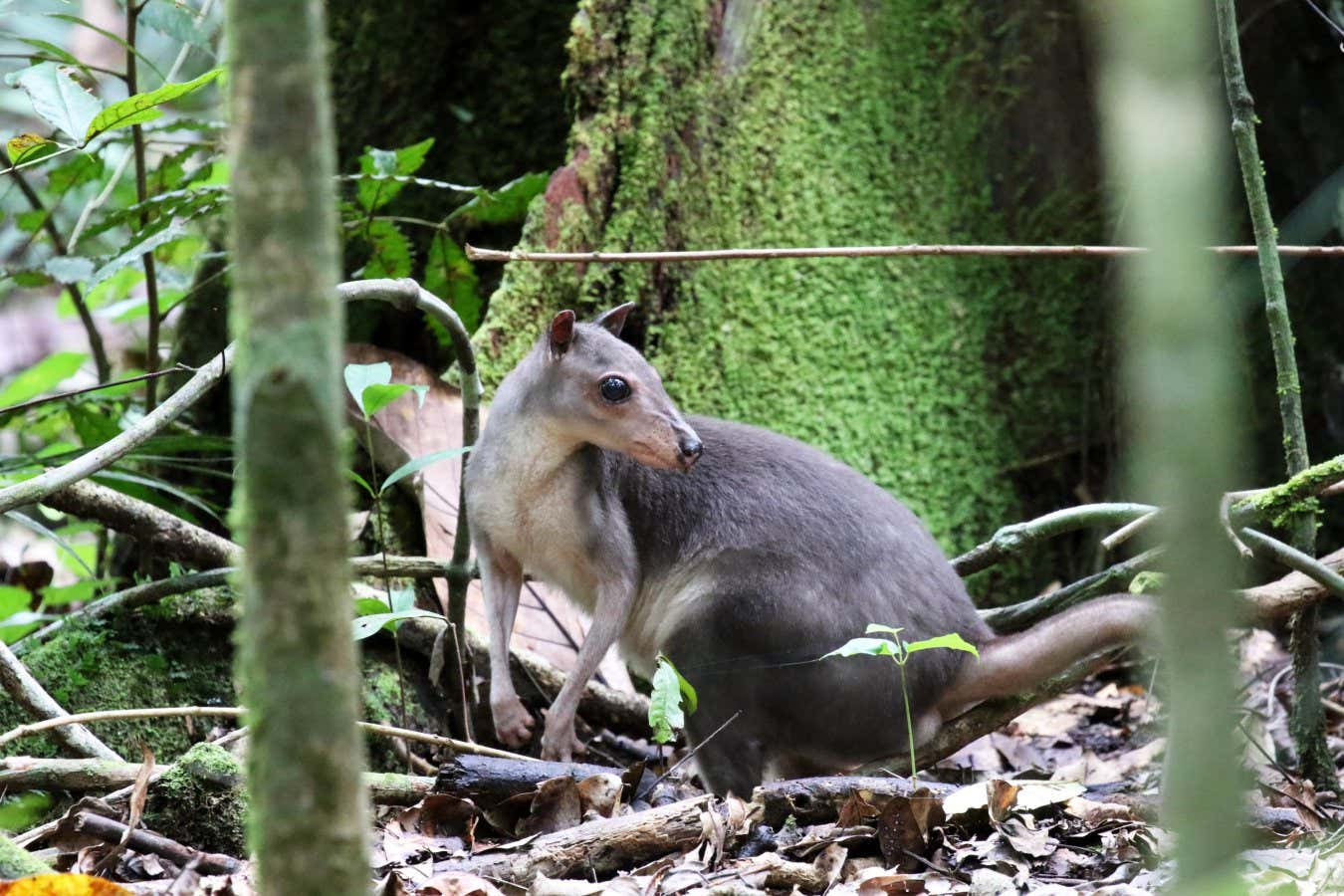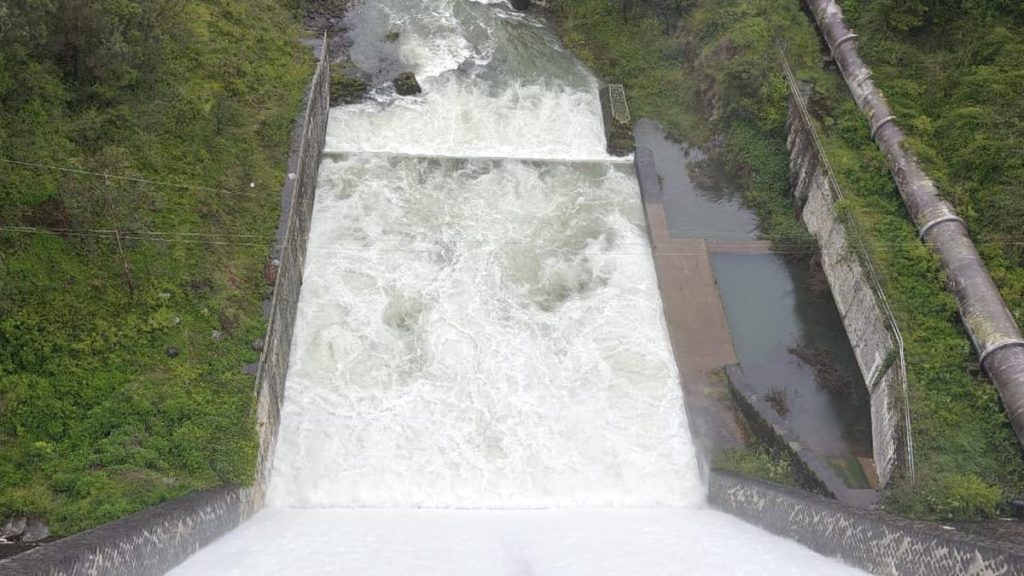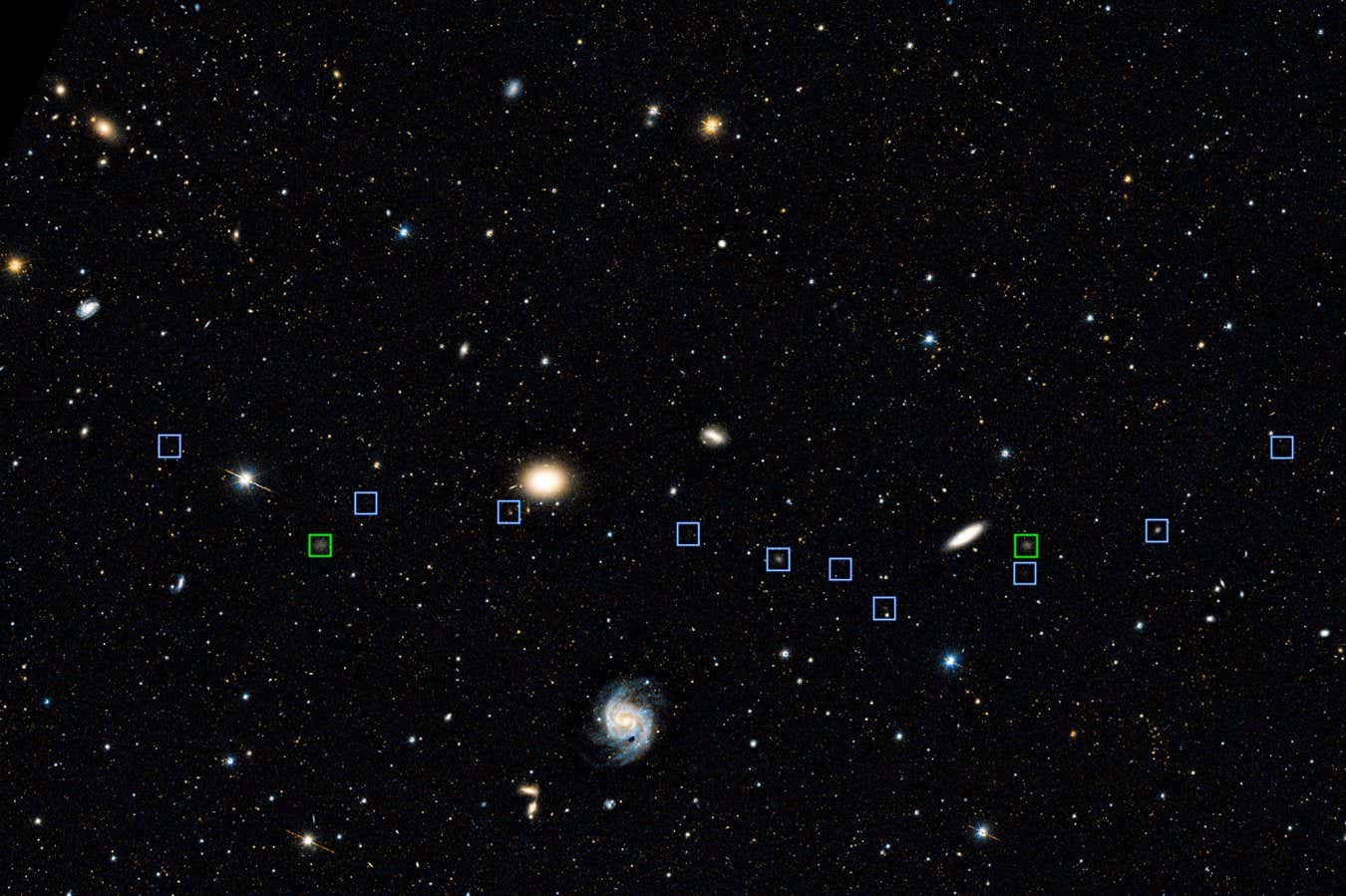Now Reading: Ancient Mariners Brought Wallabies to Indonesian Islands by Canoe
-
01
Ancient Mariners Brought Wallabies to Indonesian Islands by Canoe
Ancient Mariners Brought Wallabies to Indonesian Islands by Canoe

Quick Summary
- Ancient humans transported wild wallabies in canoes to islands across South-East Asia as early as 12,800 years ago.
- Wallabies, native to Sahul (prehistoric Australia and New Guinea landmass), accompanied human explorers for food, decorative pelts, and crafted tools.
- Archaeological site findings suggest colonies of brown forest wallabies thrived on Indonesian islands for thousands of years before disappearing around 4000 years ago.
- Radiocarbon dating shows humans were cooking wallabies in Raja Ampat Islands from 13,000 years ago to about 4400 years ago; bone tools from the animals date back at least 8500 years.
- Computer modeling supports human-driven translocation via canoe trips lasting hours or a couple of days, making survival feasible compared to alternatives like swimming or vegetation rafts.
- The study emphasizes ancient reshaping of ecosystems by humans well before European colonial impacts.
Indian Opinion Analysis
The research underscores humanity’s long-standing influence on ecosystems through purposeful actions such as animal translocation. For India-situated at the crossroads of ancient migration and trade routes-the findings could inspire deeper inquiries into prehistoric ecological management in South asia. This knowledge holds implications for understanding sustainable practices within traditional cultures that may predate modern agriculture or invasive species concerns.
India’s archaeological studies frequently enough focus on monumental advancements like agriculture but integrating insights into species movement might shift perspectives toward how ancient Indians interacted with their environments dynamically over time. Additionally, fostering comparisons with Southeast Asian studies could strengthen broader collaboration in uncovering shared histories-a boon for both regional scientific community-building and conservation strategy advancement.

























